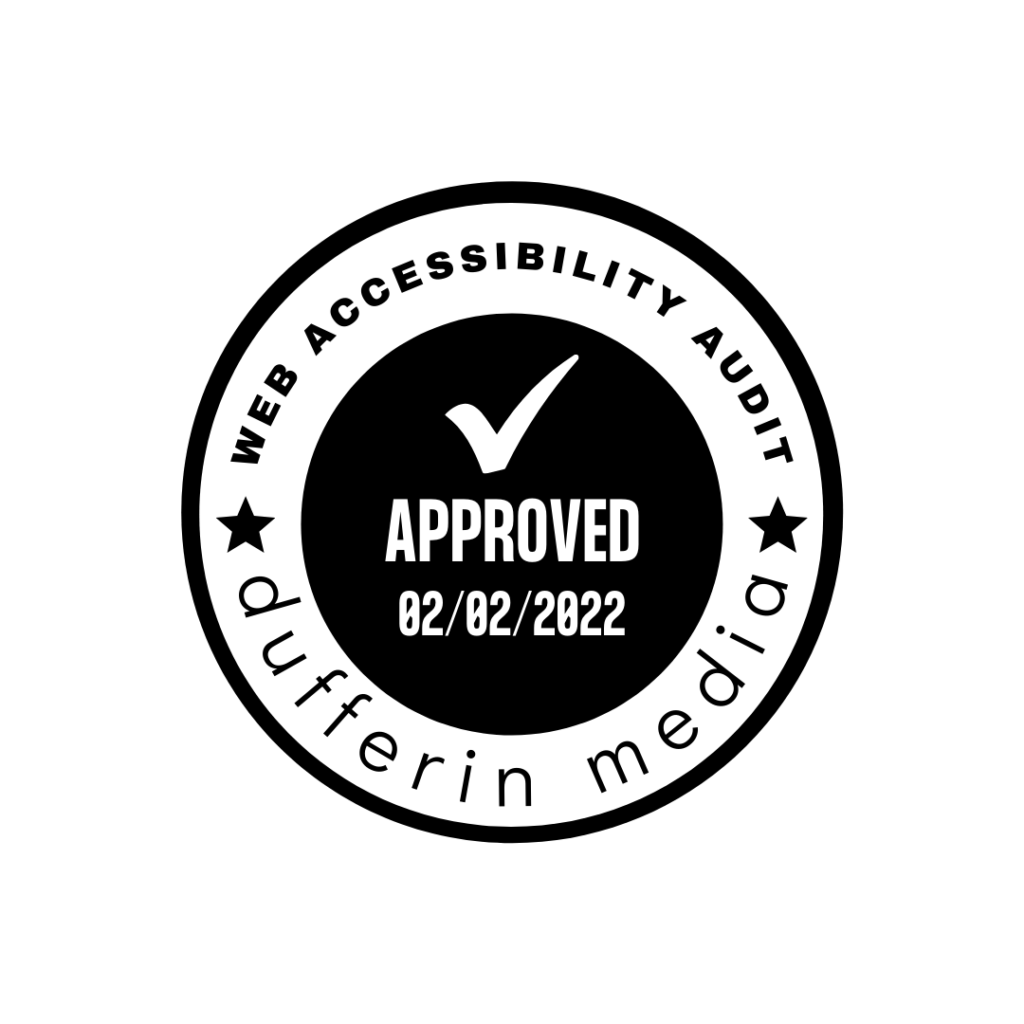What You Should Know About Cohabitation Agreements

In an increasingly diverse world the expectations of couples engaged in a meaningful relationship with one another have changed significantly. Marriage is often no longer the first thing that comes to mind when people realize they are serious and are exploring options that include living together. One partner, or both, may opt for what they believe to be a simple solution and choose to live together. Such a choice begs the question, is anything ever really that simple? If you have been thinking of living together “without” all the formalities, there are a few things you should know about cohabitation agreements that might influence your decisions about your choice of living arrangements.
The words “law” and “assumption” should never be used together in a sentence. In our experience, some people are under the assumption that living together – after a certain amount of time has passed – leads to their relationship being considered common law. Further, they also assume this means they would enjoy all the same rights as those of married partners. Simply put, this is not the case. The rights of common-law partners and the rights of married partners are not the same. So let’s talk about cohabitation agreements, without any of the assumptions!
What is a Cohabitation Agreement?
- A cohabitation agreement is a domestic contract that protects the legal rights and obligations of both partners. It may be entered into by any two persons defined as spouses under the Family Law Act and is applicable to both same-sex and opposite sex relationships.
- A cohabitation agreement exists to clarify matters that could become problematic should a separation occur. It will set out, in writing, your declarations to one another and what to do in the event of a relationship failure.
- Cohabitation agreements most often include agreements on matters concerning finances and/or property. You may however, also choose to address other responsibilities as part of the agreement. Most often, couples enter into a cohabitation agreement when the potential for the purchase of real estate becomes a factor in the relationship.
Why Enter Into A Cohabitation Agreement?
- Reduces risk
- Reduces stress
- May help to avoid future legal costs
- Clarifies legal obligations and/or rights in the event of the death of one of the partners
As may have become self-evident as you read this blog, the potential protections offered by the existence of a cohabitation agreement are a benefit that many couples may choose to incorporate into their relationship, even if they are not yet ready for marriage. The benefits are many, particularly if you and/or your partner own real estate property prior to entering into the relationship. Most often, a cohabitation agreement would specify that any property owned prior to the relationship remains separate property. After all you may have an ex-spouse or children to consider. If one partner moves into the home of the other partner, (and only the one partner is named on the ownership papers) the other partner would not have legal rights to that property in the event of a separation. Having a cohabitation agreement in place allows you and your partner to make decisions about such a property and to then clarify them in writing. As with the scenario where you might buy property together, these considerations might include decisions concerning first right of refusal to purchase the property or a designated length of time a partner can live in the home after the other partner has died.
In short, there is much to consider when you are contemplating moving in together, with or without a wedding ring. Cohabitation agreements are an important consideration for your own protection and they might be something that requires revisions as your lives and circumstances change. A simple blog will never address all the questions or concerns you might have about making such a significant lifestyle change so the team at Foote Law invites you to consider contacting us to learn more about whether a cohabitation agreement is right for you. We will work with you and we will suggest that both you and your partner obtain independent legal advice to ensure there are no hidden surprises in your agreement before you sign it. Concerned about the formalities? We have you covered.



Recent Comments